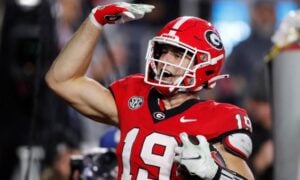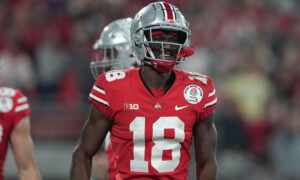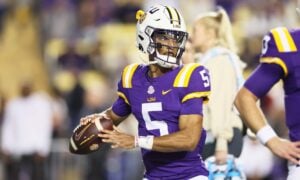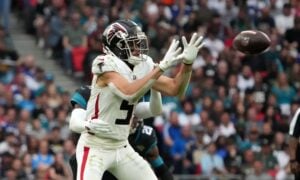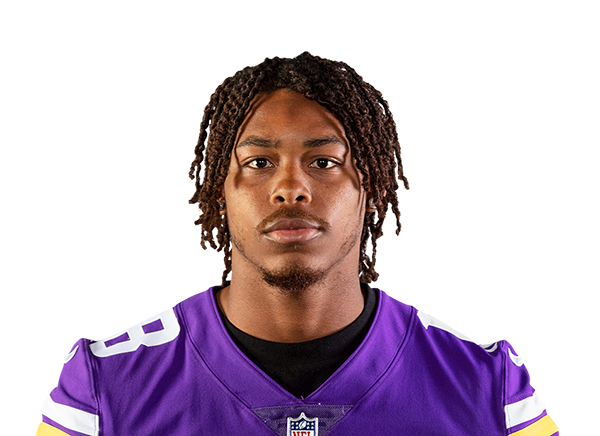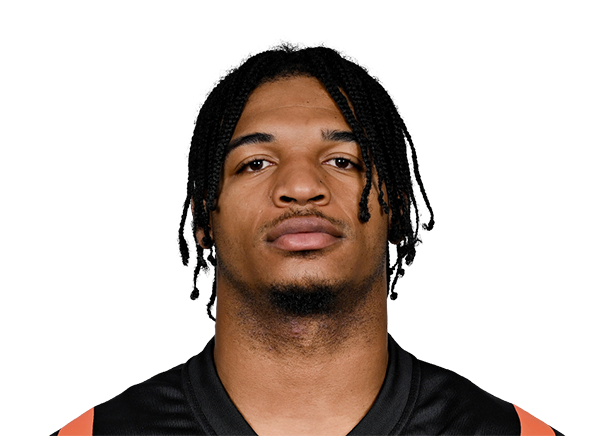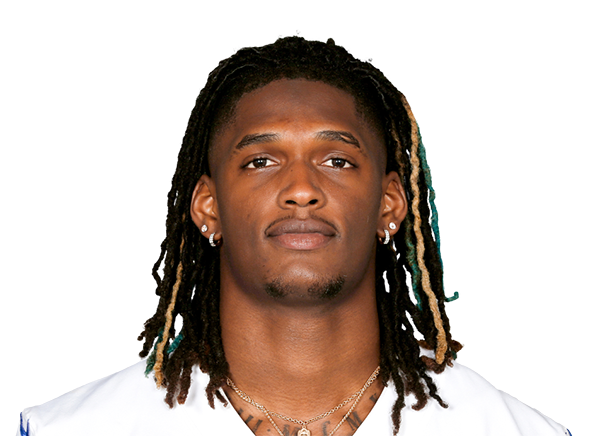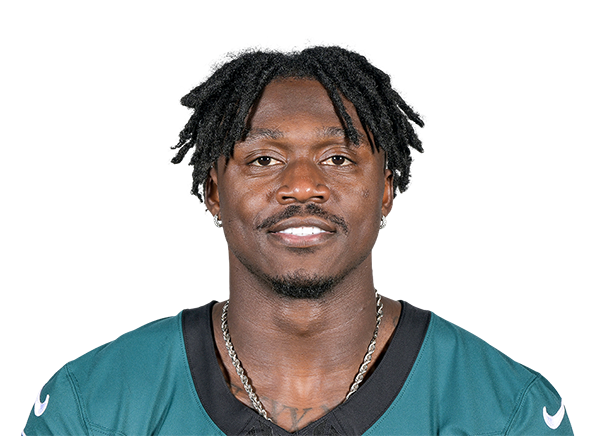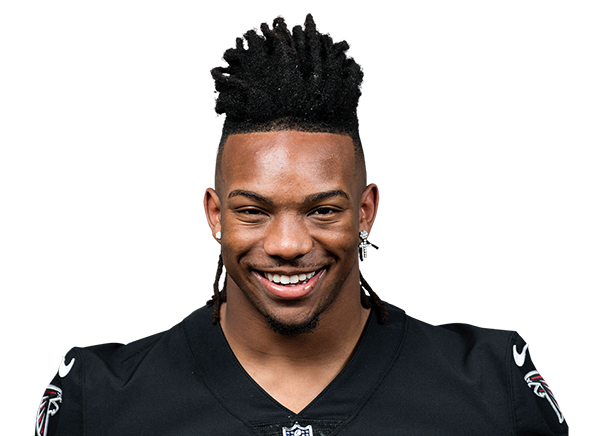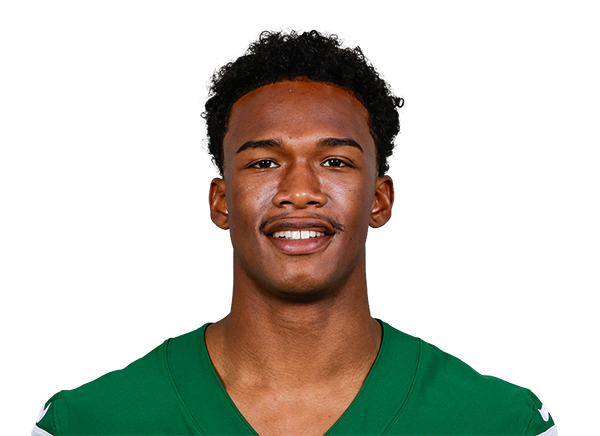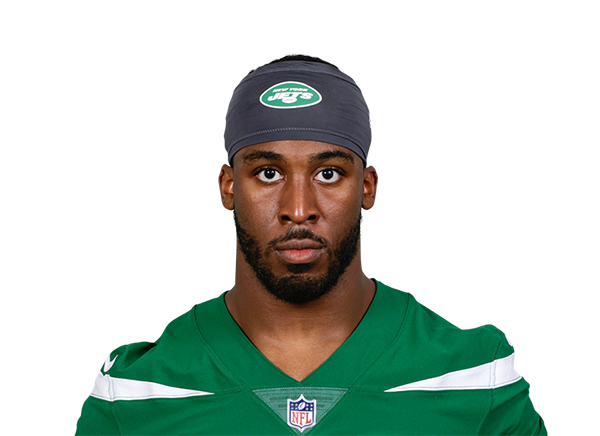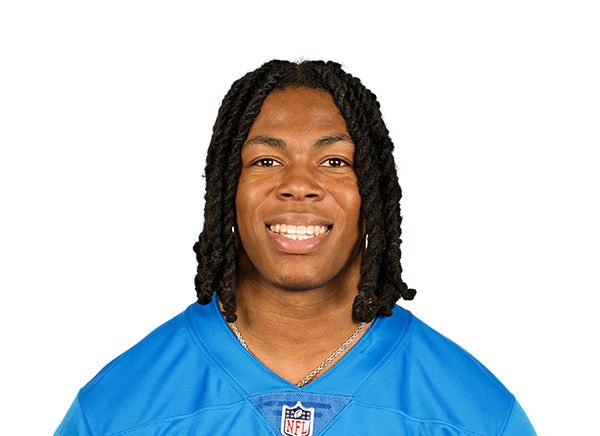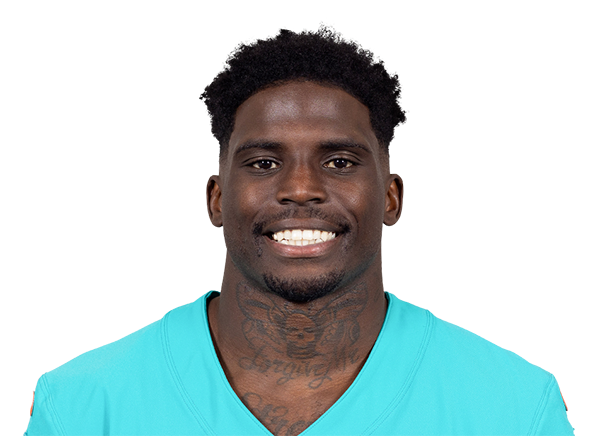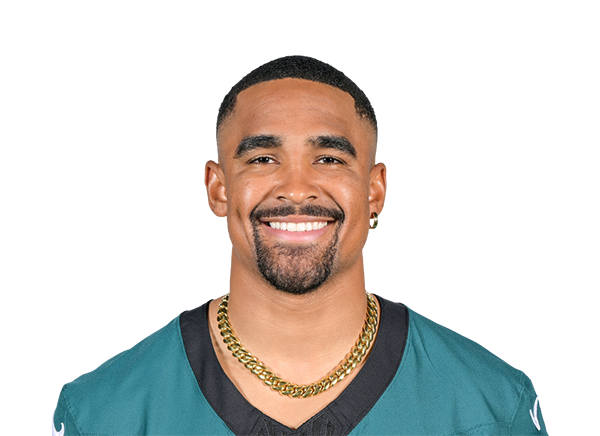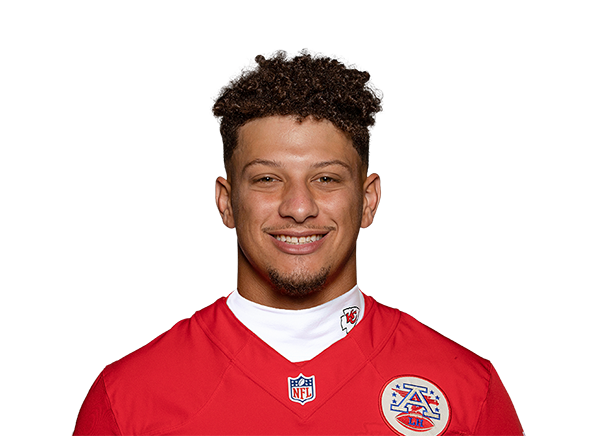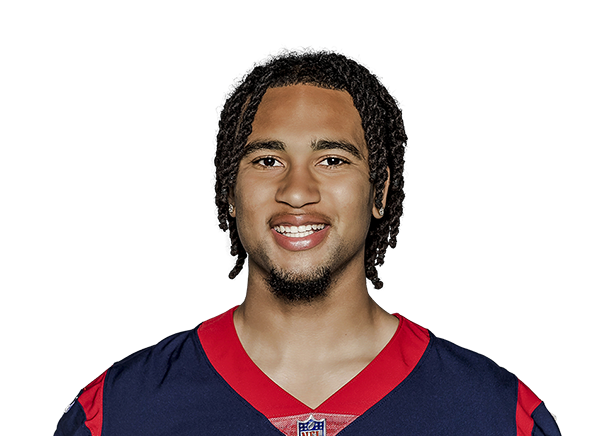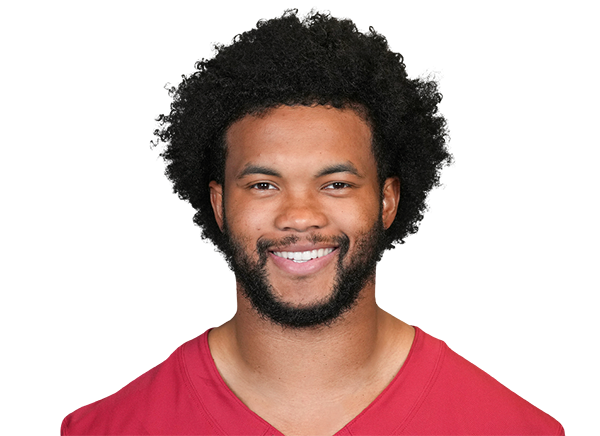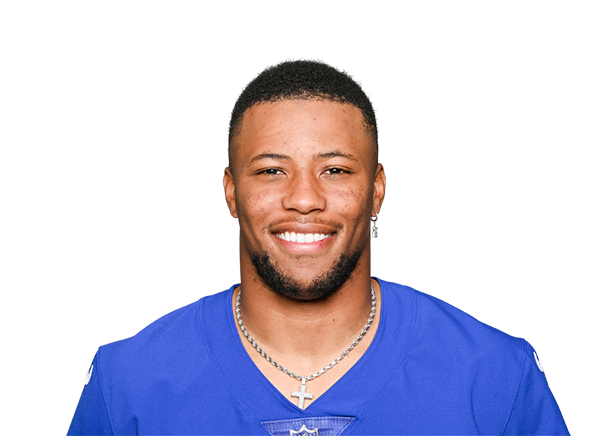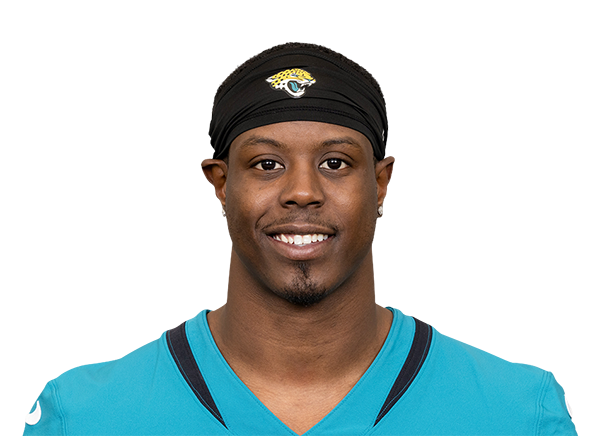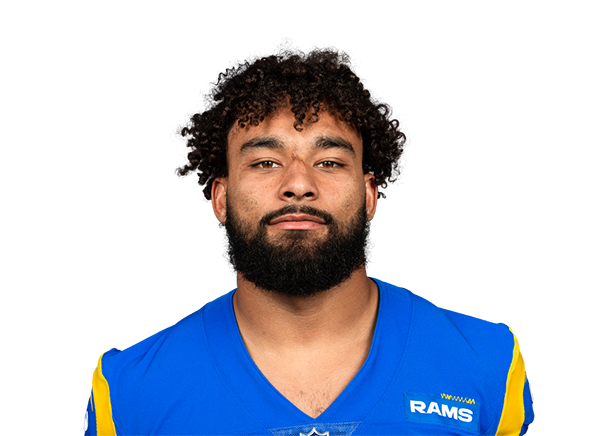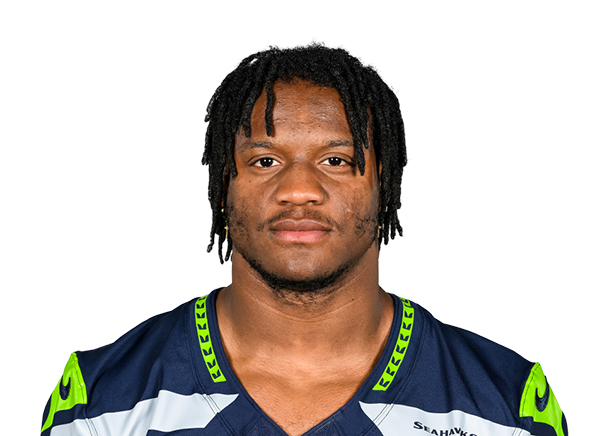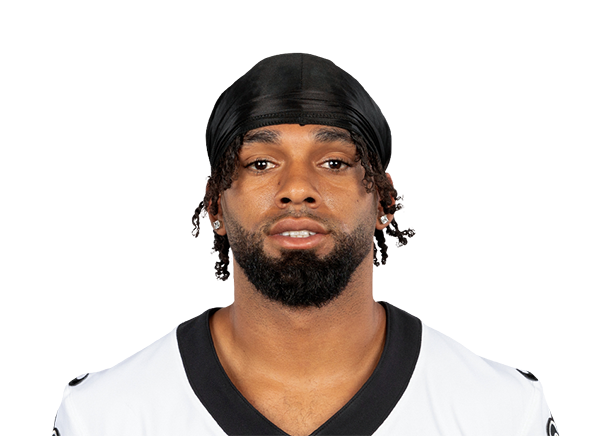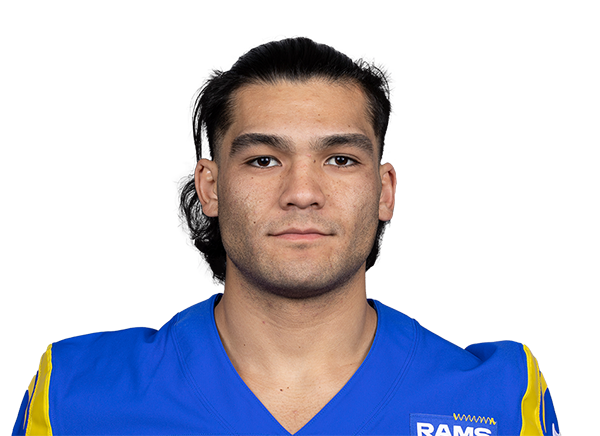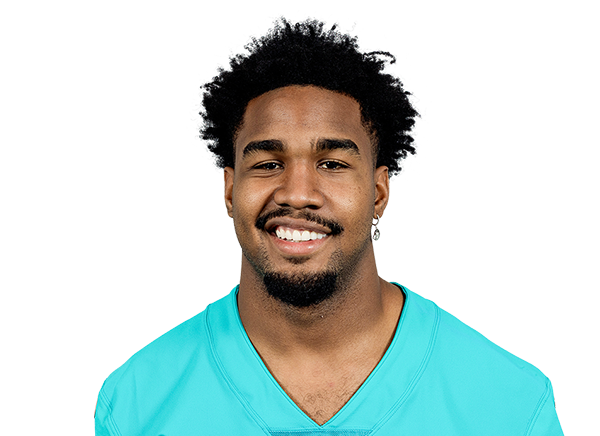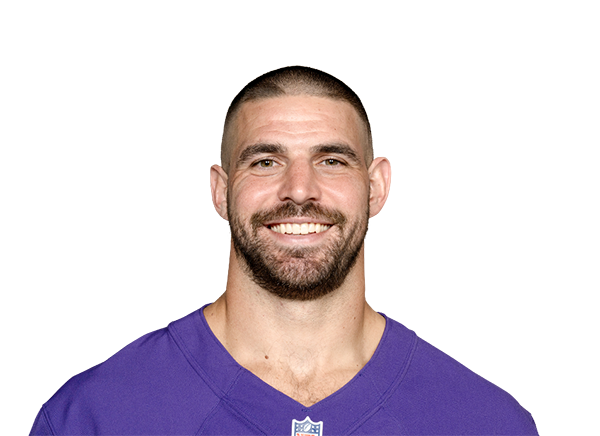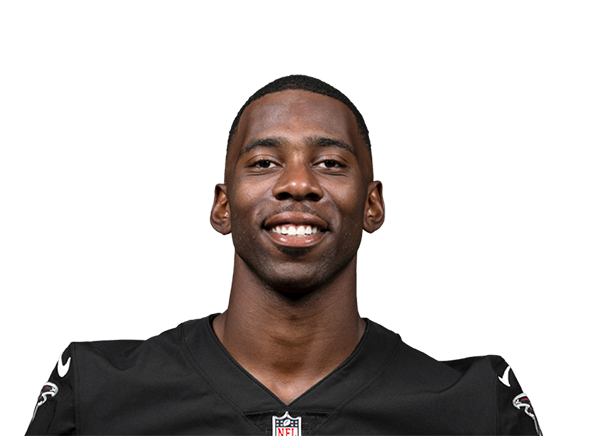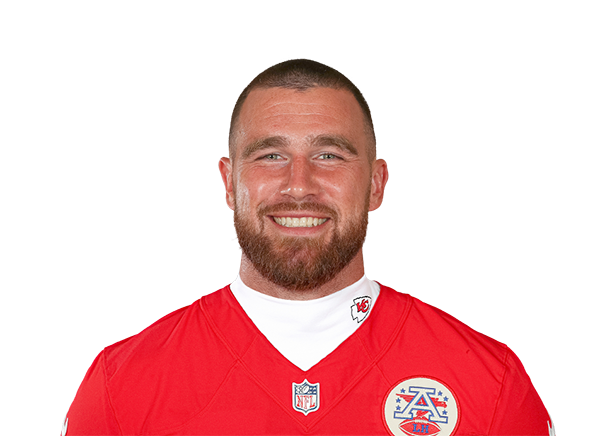Preseason Watch and Ignore
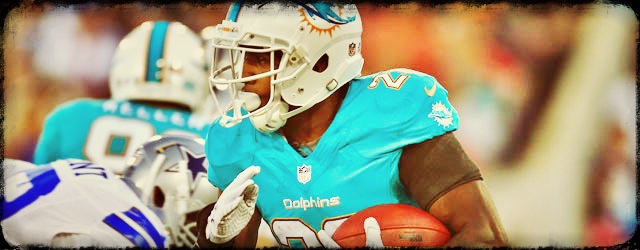
The NFL preseason has officially begun with the Hall of Fame game complete and the first full weekend of preseason games in progress. For most of us, this is our first chance to see the veterans, prospects and rookies in action with our own eyes since the playoffs. For that reason, diehard football fans like us tend to go a little crazy this time of year.
The problem is we tend to blow things way out of proportion this time of year as well. This became pretty obvious to me when I checked in on twitter and the DLF forums during and after the Hall of Fame game between the Dolphins and Cowboys to see some of the comments that were there. We are so starved for football that we gorge ourselves on every little morsel and act like it is the end all be all. The reaction to Lamar Miller’s fumble (yes, it was his fault even though he wasn’t credited with it) is a prime example of this.
It occurred to me that many of us don’t really know how to treat preseason games, so we fall back on what we know and treat it like every other game. The problem with that is NFL teams, coaches and players view the pre-season very differently from the regular season and we need to do that as well. For that reason, I’m going to try to lay out the things that we fantasy footballers should care about in pre-season games (other than the position battles) and the items that we need to ignore.
Five Items to Watch
1) Pecking Order: This just might be the most important nugget of information we can take away from preseason games. Depth charts and media reports can be very misleading at this time of the year. However, the order players see the field during a preseason game can tell us a lot about how the coaches view them. They get to see the players every day and know what they have in them. Ignore what the coaches say and instead watch what they do.
2) Playing Time: This one is a bit tricky because more isn’t always better. The longer a player is in a game (other than the third game), the more the coaches are trying to evaluate that player. It doesn’t mean they like them more, it just means they are trying to get a better look at them. When they get this playing time means different things as well. If the first player in at a position only plays a few snaps, that means their position at the top of the depth chart is pretty secure. On the flip side, if someone only sees a few snaps in the fourth quarter they are probably just a camp body.
3) Chemistry: While schemes are very vanilla in pre-season games, you can tell who is on the same page. You want to see quarterbacks and wide receivers who are crisp with their with routes and breaking down coverage. You also want to see running backs and offensive lines working together to open and hit the holes. A lack of chemistry is also a big deal at this point. If a pass is thrown and the receiver and quarterback shoot confused looks at each other, that isn’t a good thing at this point in time.
4) Production Against the First String: Against the first string is the most important part of this. Defenses play very basic schemes in the pre-season and when you combine that with backup or worse quality defenders it really doesn’t matter anymore. Production late in the game doesn’t matter. You expect any offensive player that is going to matter to rip up a third string defense. What I look at is the production early in the game against players who will actually be on the field during the season. The rest doesn’t matter.
5) Injuries to Prospects/Rookies: Guys who are fighting for a role on the team and wanting to become starters need to be on the field showing what they can do. When these guys start missing time for any reason, you need to take notice. Missing a week or two of training camp can set these guys back a full season before they get a chance to crack the starting lineup of an NFL team and break out. Players who have injuries multiple years in a row sometimes never get their chance.
Five Items to Ignore
1) “Injuries” to Starters: Unlike the rookies and prospects, starters are a whole different category when it comes to injuries. Unless the injury includes the words concussion, tear, or surgery, I tend to ignore it this time of year for starters. Teams routinely sit and rest starters through many preseason games to avoid injury. When I hear one of my fantasy starters is going to miss a preseason game due to a hamstring or calf strain it means nothing to me. In fact, it sometimes makes me happy to know they won’t get hurt. They aren’t trying to compete for a role or trying to impress coaches. They gain nothing by playing and their teams know that. Hence they sit for any reason they can find or sometimes no reason at all.
2) Final Statline: Other than the third pre-season game, players on your fantasy roster rarely play long enough against a quality defense to have the stats mean anything. If a player only gets two carries, I don’t care if it is for two yards or 20 – that isn’t enough to base anything off of. Likewise, if someone gets seven catches thrown to him from the fourth strong quarterback against a fifth string defense, it doesn’t matter.
3) Coach Speak: Hopefully you already know this one, but you really can’t trust anything that coaches say this time of year. Half the players who are getting talked up this time of year end up being cut or on the practice squad. Instead, look for players who are getting praised by multiple sources or better yet, ones who impress you during preseason games. Coaches are paid to talk up their players. Don’t fall for it.
4) First Mistakes: This is especially true for young players and rookies. With all the expectations flowing around them, they are bound to have some nerves. They are going to mess up. They might fumble, drop a pass or miss an assignment. It happens. The only times you really need to take notice is if a pattern develops or if it starts to impact their role. Otherwise, cut the young guy some slack.
5) Schemes and Game Plans: It isn’t just the defenses that play very plain schemes in the preseason. Offenses tend to water things down as well. They also tend to use this time to experiment with different wrinkles that they might never use during the regular season. The bottom line is that what they do during the pre-season might not be the same as the regular season so try not to read too much into schemes and game plans.
What are some of the things that you watch or ignore during the pre-season?
[ad1]
- Final 2021 Pre-Draft Rookie Mock: Round Three - April 28, 2021
- Final 2021 Pre-Draft Rookie Mock: Round Two - April 26, 2021
- Final 2021 Pre-Draft Rookie Mock: Round One - April 25, 2021






